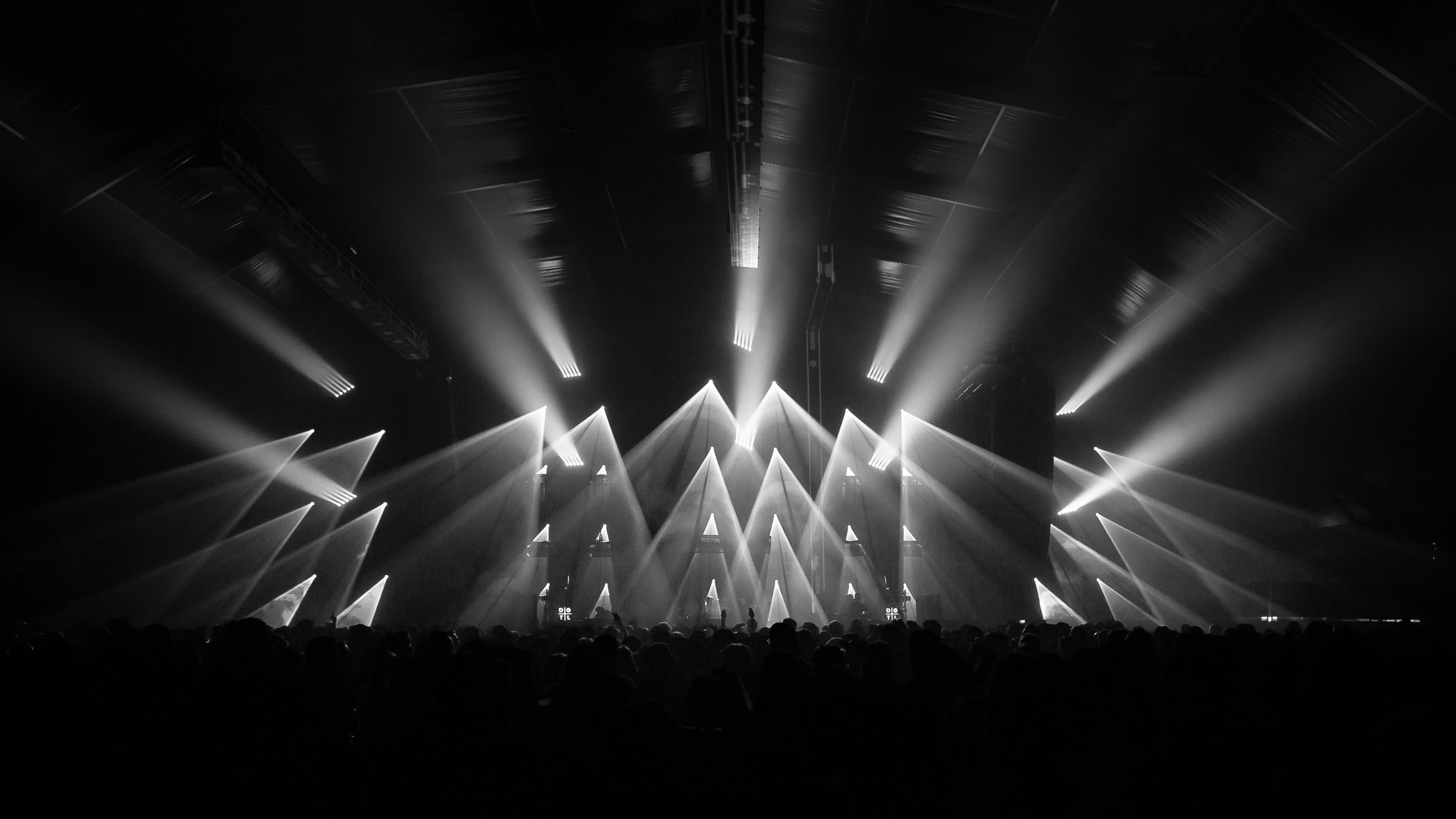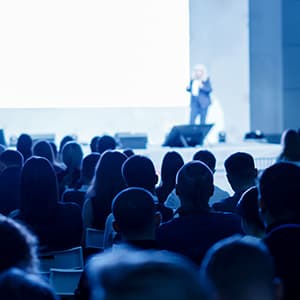

The History Of Renaissance Tickets
Up to 30% Off Compared to Competitors.
Location: Select Location (e.g, New York)
Events Nearby
We're Sorry. There are currently no events near you.
About The History of Renaissance
Today, the legacy of the Renaissance endures in numerous forms through art exhibitions, literature festivals, and educational programs that celebrate this transformative era. Museums and cultural institutions regularly host exhibits featuring Renaissance masterpieces, attracting art lovers from around the globe. Furthermore, contemporary artists and writers often draw inspiration from the themes and techniques of the Renaissance, merging classical forms with modern concepts. Recent events, such as the 500th anniversary of Leonardo da Vinci's death in 2019, spurred widespread events, including retrospectives and conferences exploring his influence. Additionally, modern educational initiatives aim to engage younger generations with the Renaissance's contributions to science, philosophy, and political theory. The usage of virtual reality experiences in museums and educational platforms has also emerged, allowing audiences to immerse themselves in the Renaissance environment, exploring its impact like never before. As we continue to explore this rich period, numerous conferences, symposiums, and cultural events are scheduled worldwide, further celebrating the Renaissance's enduring relevance and its impact on contemporary society.
The History of Renaissance History
The Renaissance, which translates to 'rebirth,' spanned from the 14th to the 17th century, originating in Italy and gradually spreading across Europe. This period is marked by a resurgence in art, literature, science, and a revival of classical antiquity, heavily influenced by the rediscovery of Greek and Roman texts. Key figures, such as Leonardo da Vinci, Michelangelo, and Raphael, not only redefined artistic techniques with their mastery of perspective and human anatomy but also emphasized individualism and nature in their works. The invention of the printing press by Johannes Gutenberg in the 1440s played a significant role in the dissemination of Renaissance ideas, contributing to a more literate society and the spread of humanistic philosophies. The movement emphasized human potential and achievements, leading to developments in various fields, including exploration, politics, and philosophy. Key events, such as the fall of Constantinople in 1453, prompted scholars to flee to Italy, further fueling this cultural rebirth. The impact of the Renaissance extended beyond art and literature, influencing the Reformation, and establishing foundations for modern science and secular thought. As the Renaissance evolved, it also birthed various regional styles, leading to a variety of interpretations of its ideals and principles throughout Europe.
